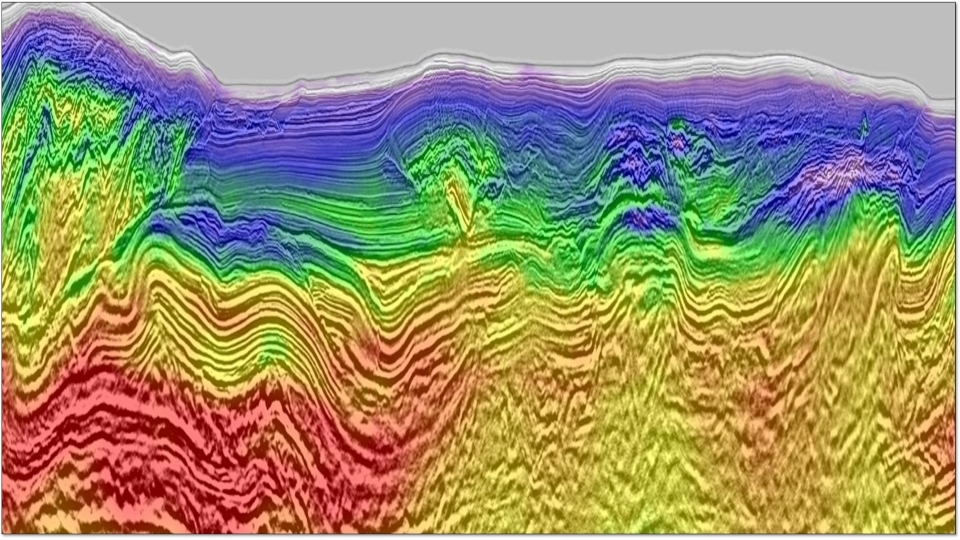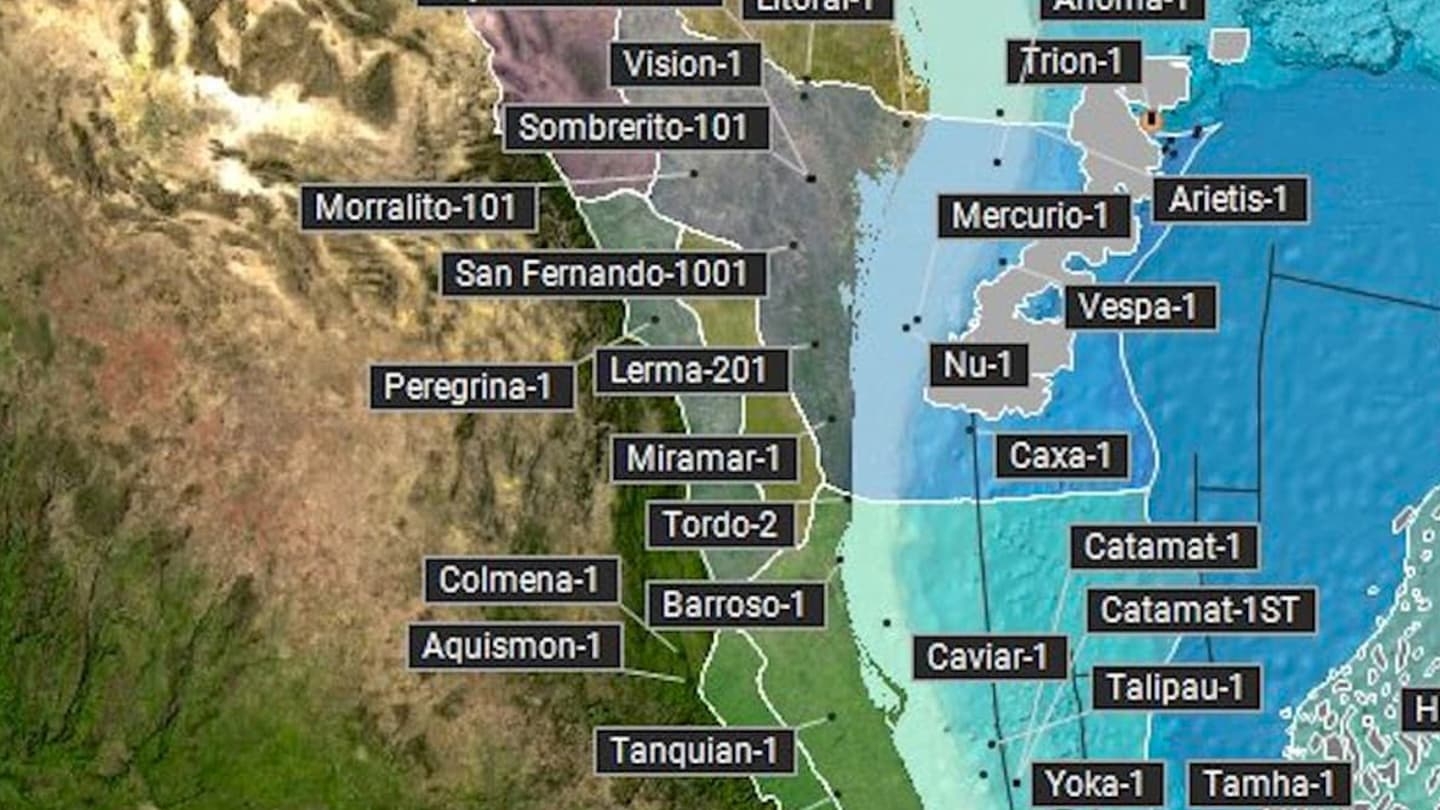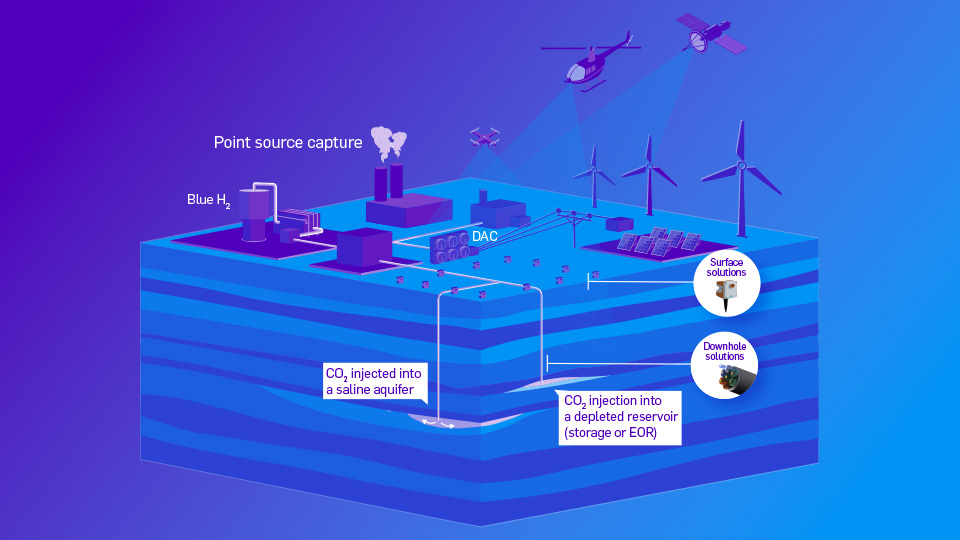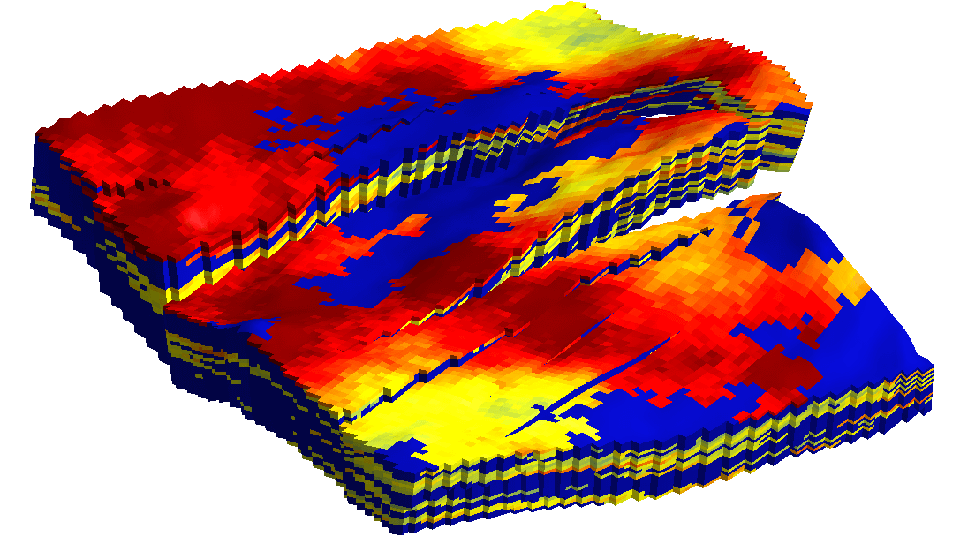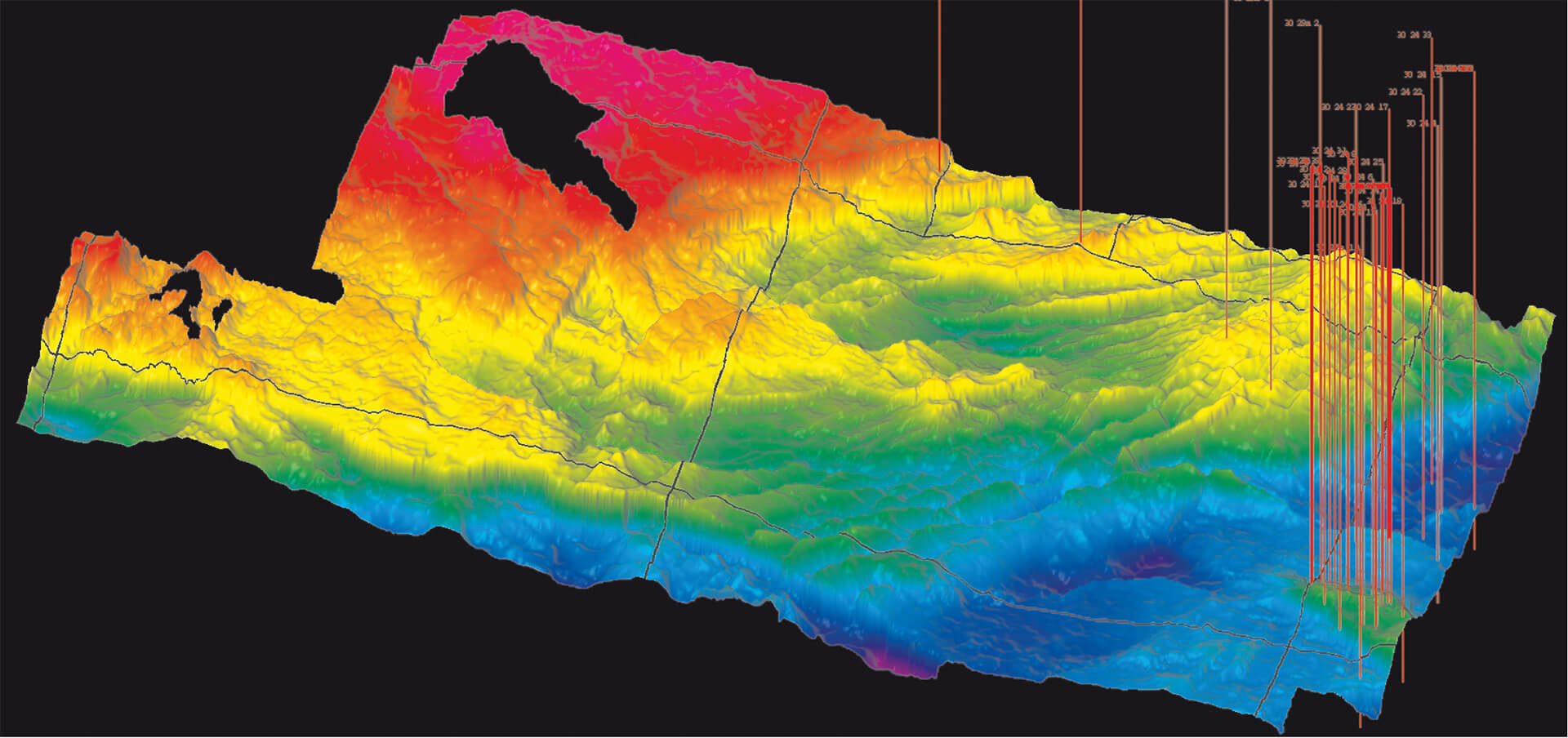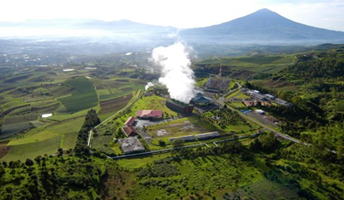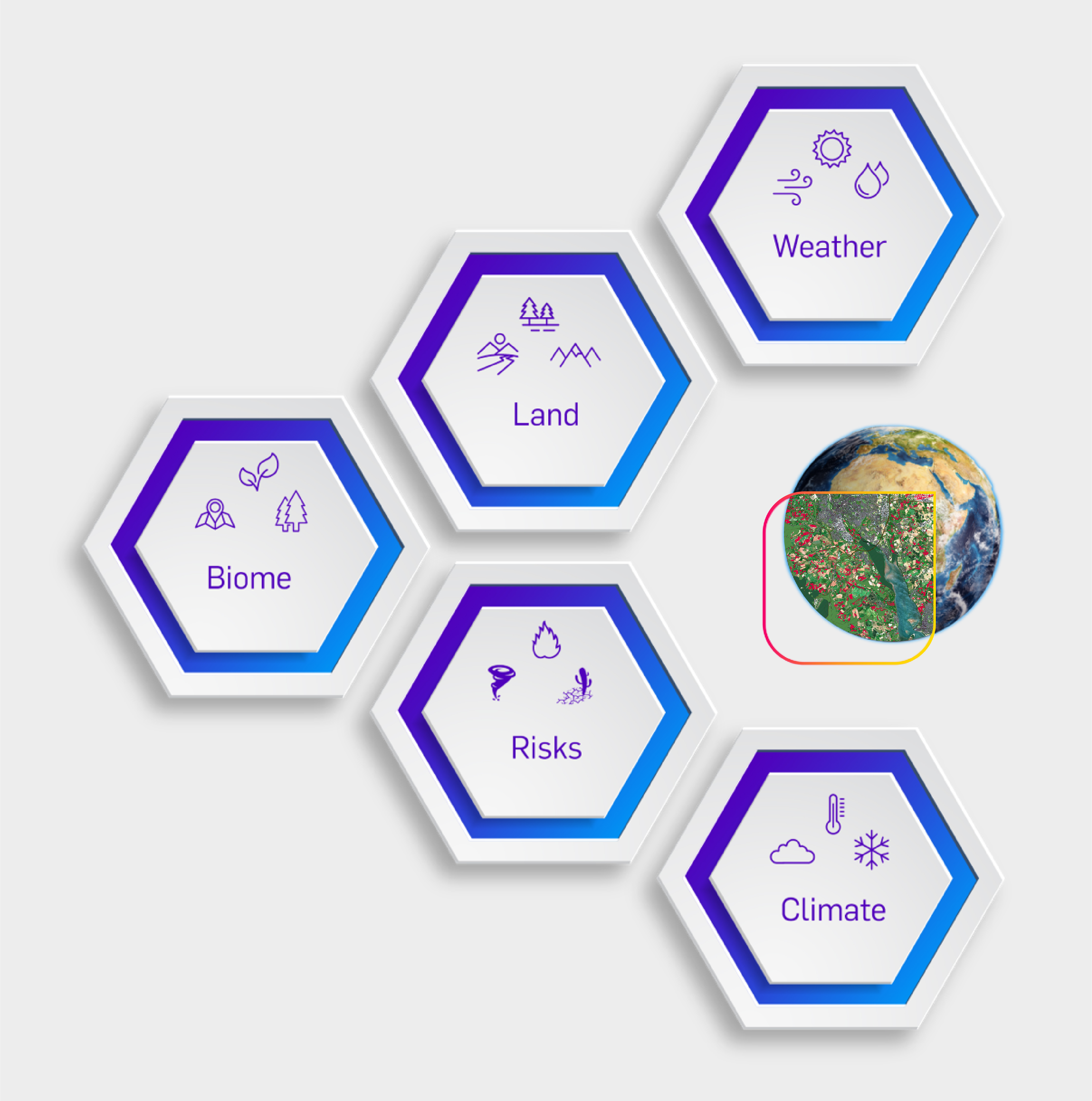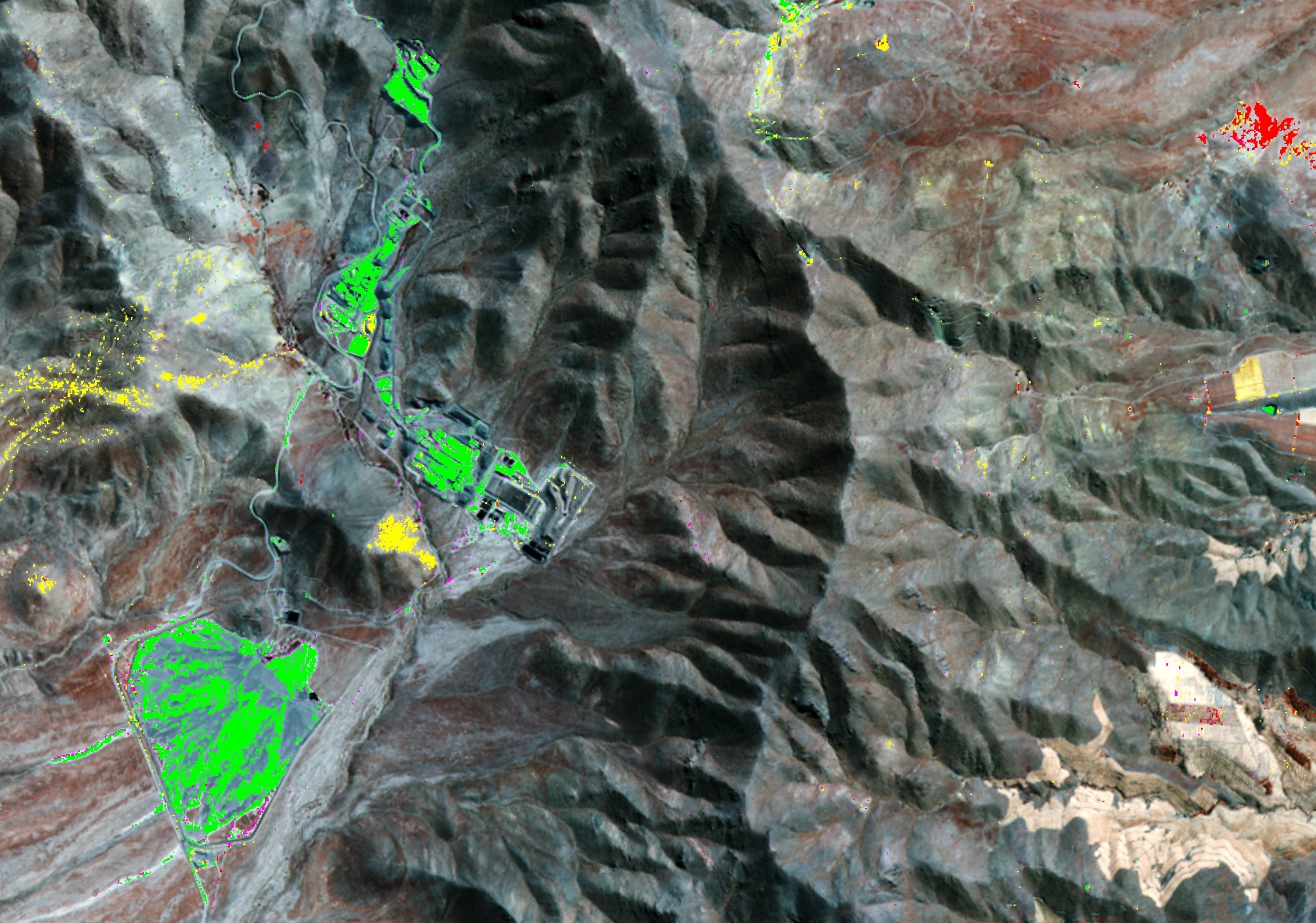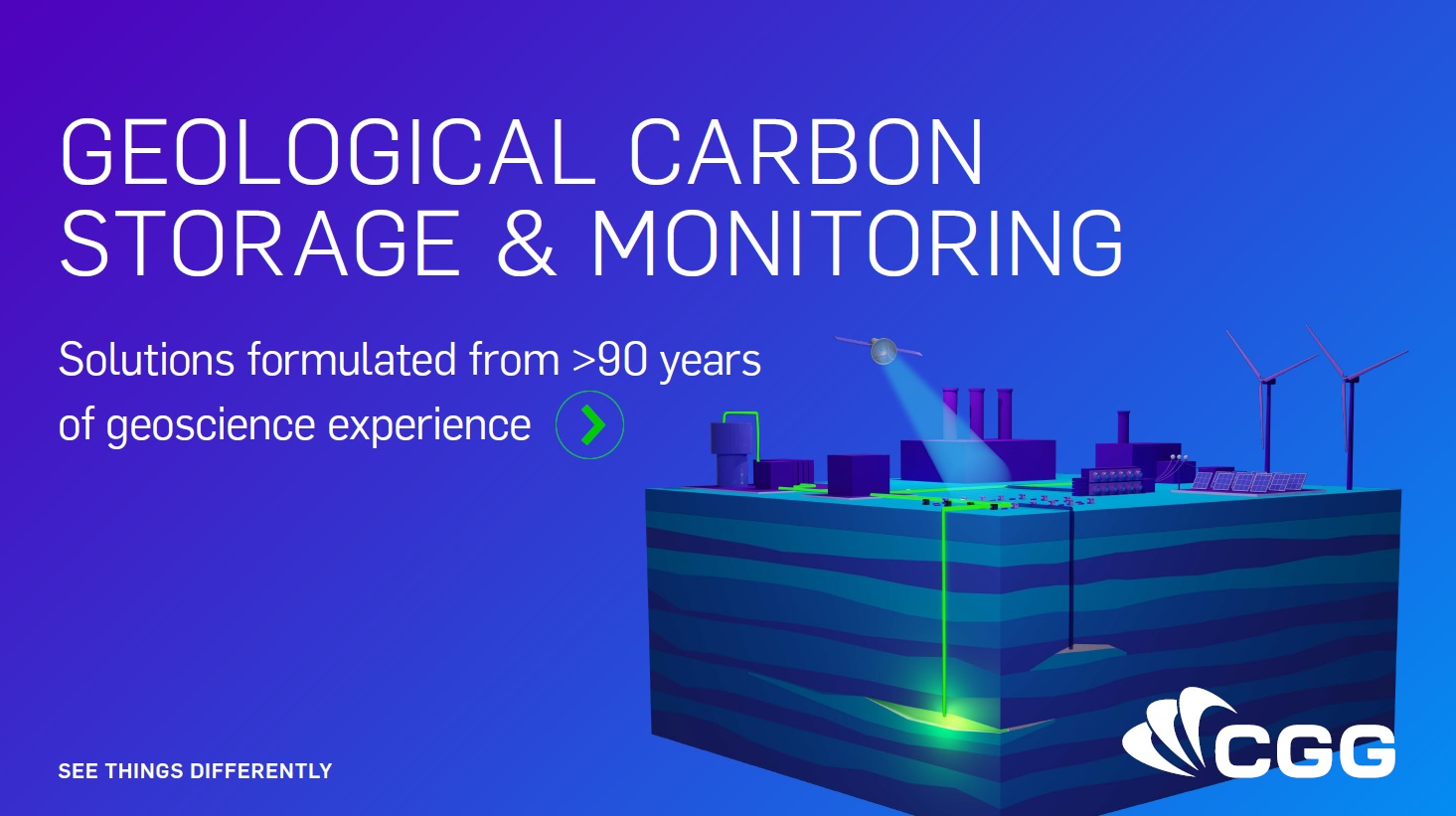
Download your free resource for an overview on geological carbon storage
CGG carbon storage services and solutions covered in this brochure:
- Data transformation
- Site screening
- Subsurface imaging
- Planning - diverse geological modeling
- Monitoring
Featured Content: Geological Carbon Storage and the Path to Net Zero
Geological storage of carbon dioxide is expected to grow significantly as a key contributor to reaching Net Zero. Kyle Manley discusses the importance of geological carbon storage, CCS challenges and legislation and where CGG fits in the carbon storage space.
